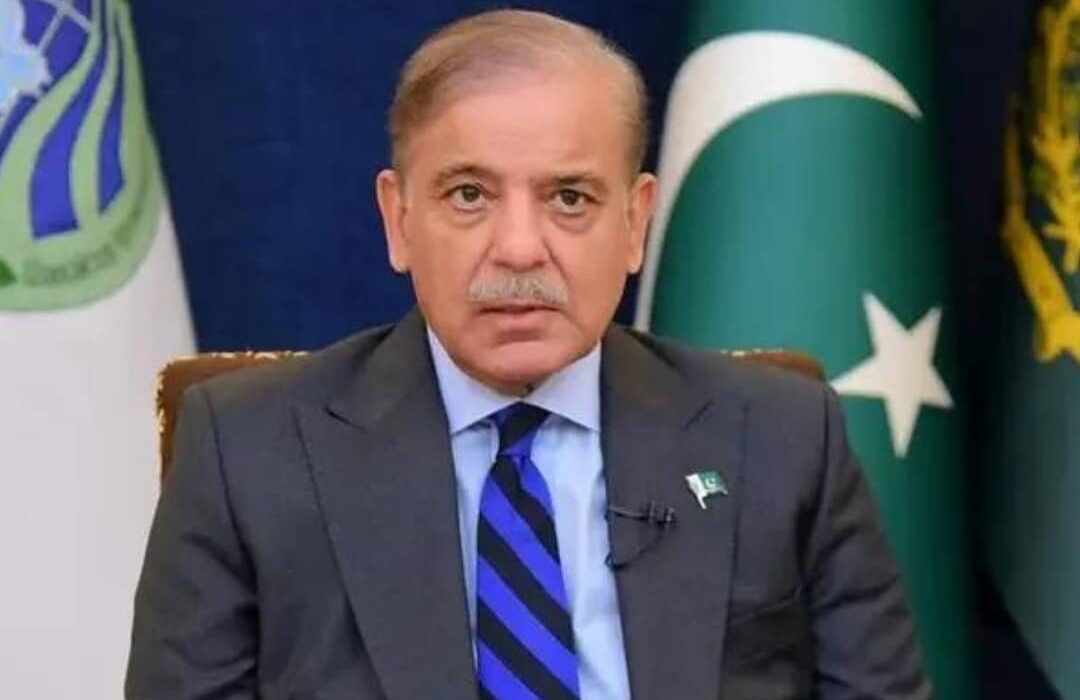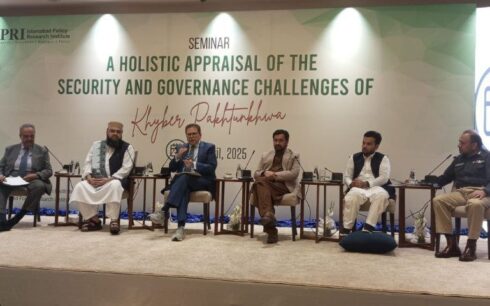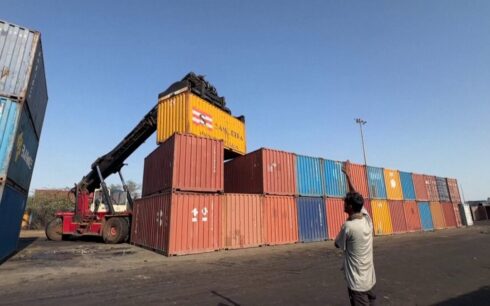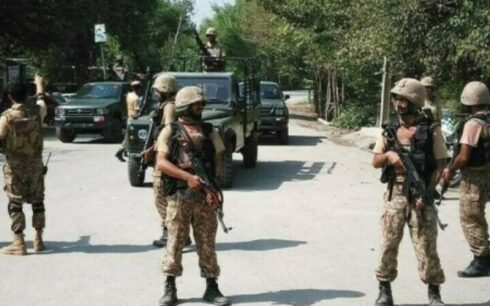Shehbaz Sharif, a prominent Pakistani politician, was set to be sworn in as the country’s prime minister for the second time on Sunday, following a parliamentary vote. This development comes three weeks after national elections led to the establishment of a coalition government amidst a contentious electoral process.
Pakistan held its elections on Feb. 8, an event overshadowed by a mobile internet shutdown on the day of the election, arrests, violence leading up to the vote, and delayed results that fueled allegations of electoral fraud.
Sharif, who previously served as prime minister until August before parliament was dissolved in anticipation of the elections, is returning to leadership as the newly formed parliament, which convened for the first time on Thursday, prepares to vote under heightened security. The backdrop to this vote includes protests by supporters of Imran Khan, the former premier who is currently imprisoned, contesting the election outcomes and demanding his release.
At 72, Shehbaz Sharif, the younger sibling of Nawaz Sharif—a three-time prime minister—played a significant role in the Pakistan Muslim League-Nawaz (PML-N) party’s election campaign under his brother’s leadership.
Despite candidates affiliated with Khan securing the most seats, the PML-N and the Pakistan Peoples Party formed a coalition, paving the way for Shehbaz Sharif’s election to the prime ministerial post as his brother stepped aside.
During his initial term, Sharif’s administration successfully secured a crucial deal with the International Monetary Fund (IMF), though the agreement, set to expire in April, has been marred by challenges. The required fiscal measures have led to increased prices, exerting additional pressure on the nation’s poor and middle-class families.
Facing deepening economic concerns and growing public dissatisfaction with rising poverty, the incoming government is tasked with initiating negotiations with the IMF for a new agreement to stabilize Pakistan’s economy.





